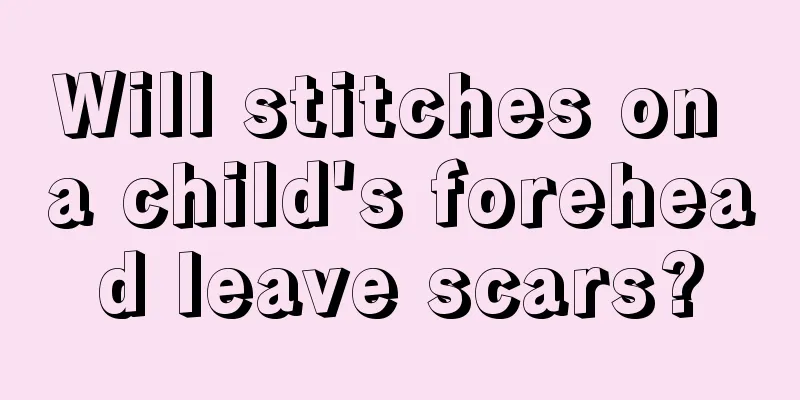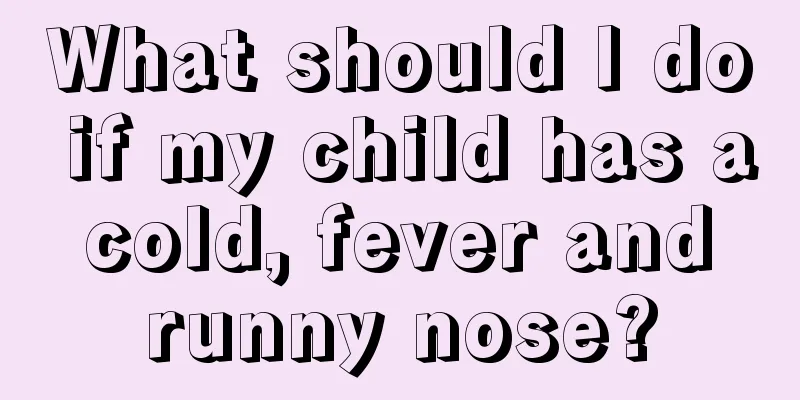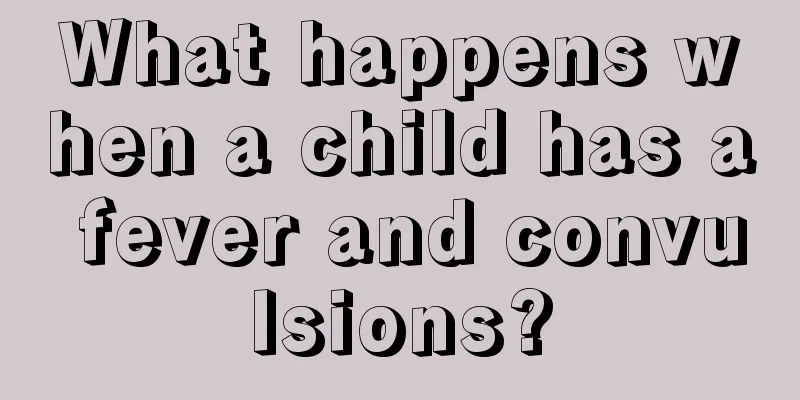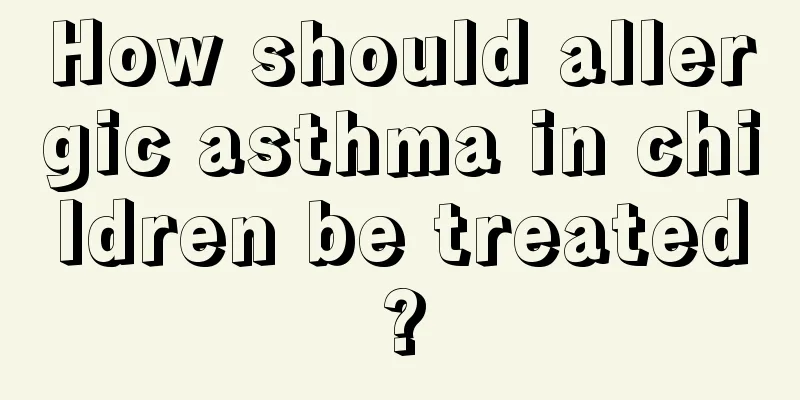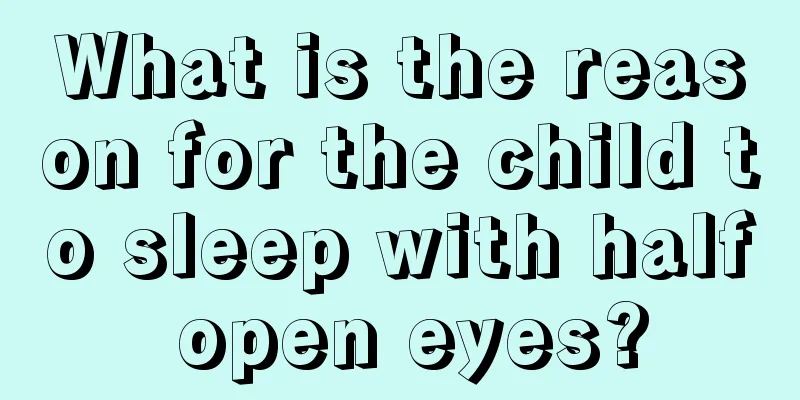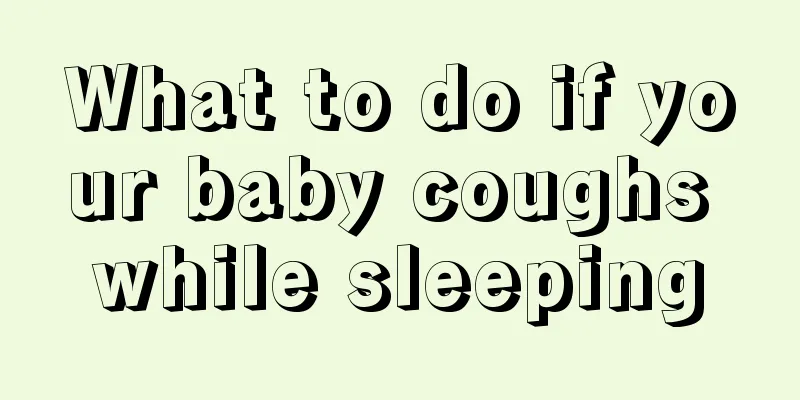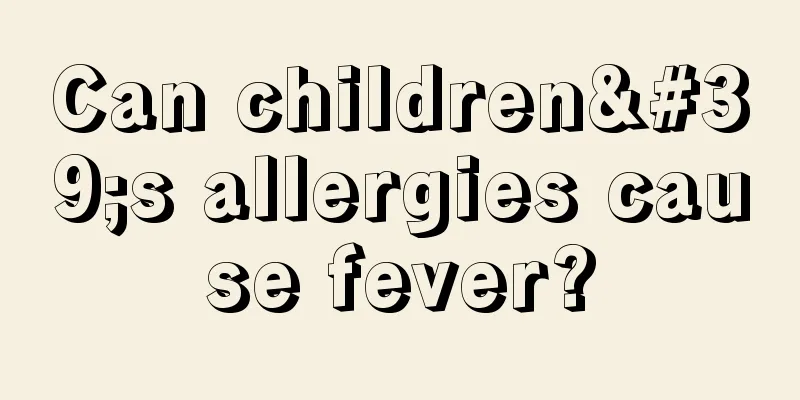Treatment of hip synovitis in children
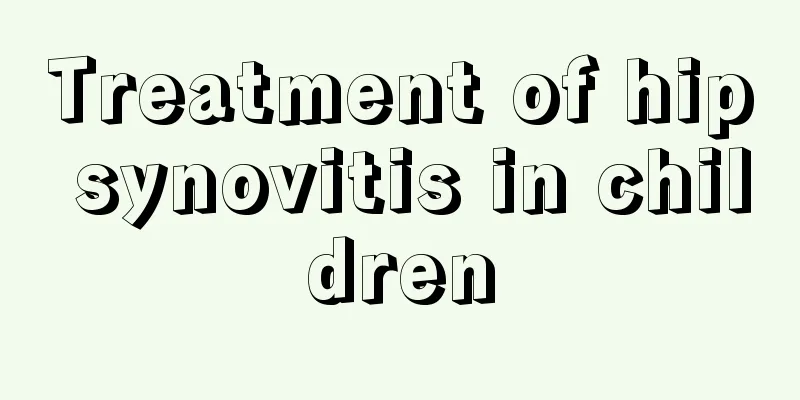
|
Every child is the apple of the parents' eyes. In the process of taking care of the baby, parents are always afraid that the baby will have physical problems, because the child may not be able to express or express clearly some things. Therefore, parents always pay special attention to the child's health. Children's hip synovitis is a common disease in life. This disease seriously affects the physical health and growth of the child. If such symptoms occur, timely treatment must be given. Let's share the traditional Chinese medicine treatment of children's hip synovitis. Hip synovitis is also called transient synovitis of the hip. Children under the age of 3-10 are susceptible to hip synovitis, which is more common in males, and most children develop the disease suddenly. The peak incidence is between 3 and 6 years old, with the right side more common than the left side, and 5% of cases occur in both hip joints. Hip synovitis, also known as transient synovitis of the hip, is a multiple disease. Children under the age of 3-10 are susceptible to hip synovitis, which is more common in males, and most children develop the disease suddenly. The peak incidence is between 3 and 6 years old, with the right side more common than the left side, and 5% of cases occur in both hip joints. Etiology and pathology The cause of the disease may be related to viral infection, trauma, bacterial infection and allergic reaction (allergic reaction). Onset may be acute or slow. Children report pain in the anterior or lateral aspect of the thigh and knee, and physical examination reveals a pain-avoidant gait, tenderness anterior to the hip, and limited range of motion and discomfort. Peripheral blood leukocyte count and erythrocyte sedimentation rate were normal. Tuberculin skin testing, rheumatoid factor titration, and antistreptolysin antibody titration are usually negative. Radiographic examination of the hip joint is normal or has a small joint effusion. There are no bone changes in this disease. Children with hip synovitis should stay in bed, avoid weight bearing, and use Chinese medicine until the hip pain disappears and the range of motion returns to normal (3 to 7 days). Some doctors recommend resting for a period of time (7 to 10 days) after the symptoms disappear. Because children are very active, it is difficult for them to stay in bed, but we should try our best to do so. The use of corticosteroids is not recommended. Traditional Chinese medicine believes that this disease is caused by exogenous evils, joint injuries, blocked acupoints, and fluid accumulation. Chinese medicine can be used to repair the synovium and thus cure synovitis. The method of TCM syndrome differentiation and treatment of hip synovitis by the Institute of Traditional Chinese Medicine for Difficult Diseases: Qi stagnation and blood stasis type Symptoms: Hip pain, limited internal rotation, abduction and extension, obvious limp, and tenderness in the groin. Medicinal Taohong Siwu Decoction with added flavor. Wind-cold-dampness type Symptoms: Hip joint pain lasts for a long time during the attack, occasionally with low fever, pale red tongue, thick white or yellow greasy tongue coating, floating or slippery pulse. The hip is full and tender, the affected limb is deformed in flexion, abduction and external rotation, the trunk is obviously tilted toward the affected side, the patient is lame and even has difficulty walking, and the affected limb is 1.5 to 2.5 cm longer than the healthy limb. Medicinal Qunbi Decoction with added ingredients. Liver and kidney deficiency There is no obvious history of trauma and the disease recurs repeatedly. Symptoms: poor appetite, anorexia, dull pain in the hip area that is more obvious during activity, inability to exert force, unsteady steps, sometimes pain in both hip areas alternating, dry and red tongue with little coating, and a thready and stringy pulse. The anteroposterior pelvic radiograph showed no abnormalities. Medicinal Ten-Ingredient Tonic Soup. Will temporary synovitis of the hip cause sequelae? This is an issue that every parent is very concerned about. We know that transient synovitis of the hip is caused by toxemia, so it will not produce some sequelae after recovery like purulent infection. Generally, there will be no sequelae after recovery, but a small number of children may have recurrent attacks, which requires the attention of Chinese medicine practitioners and necessary examinations. Every child will always encounter some diseases on the road to growth, which requires our parents to pay special attention and care. After understanding the traditional Chinese medicine treatment of children's hip synovitis, when a child develops hip synovitis, we should choose the appropriate treatment method according to the baby's own physical condition. However, traditional Chinese medicine treatment may not have such a quick effect, and it requires long-term persistence to see obvious results. |
<<: What to do if your baby has weak spleen and stomach
>>: Treatment of hip synovitis in children
Recommend
How to make baby eyelashes longer
Newborn babies are always adorable, especially th...
How many months does the baby start calling mom?
It is very hard for mothers to take care of their...
How to prevent angular cheilitis in children
Children are a group of people who are prone to a...
What to do if the child doesn't eat?
Children's poor appetite is a problem that pa...
Reasons why the tip of the baby's tongue is red
The red tip of the baby's tongue may be cause...
What should I do if my child vomits in the middle of the night?
Many people have had symptoms of vomiting, but mo...
How to treat high myopia in children
My child always looks at things very close. How c...
What is the reason why children's tonsils are always inflamed?
For children, if their tonsils are always inflame...
Causes of swollen lymph nodes in children
Many people have a deep understanding of the dise...
What are the symptoms of bronchiolitis in children?
Bronchiolitis is a very common phenomenon. This p...
Best treatment and prevention for eczema on baby's face
Many times due to weather changes, many children ...
Three-month-old baby's nose is blue
If a three-month-old baby accidentally develops a...
What are the symptoms of a child having a fever and chills?
It is very important to pay attention to children...
Why does a child have a fever at night when he is normal during the day?
When faced with some problems with their children...
Prevention methods of hand, foot and mouth disease in kindergarten
The incidence of hand, foot and mouth disease is ...
